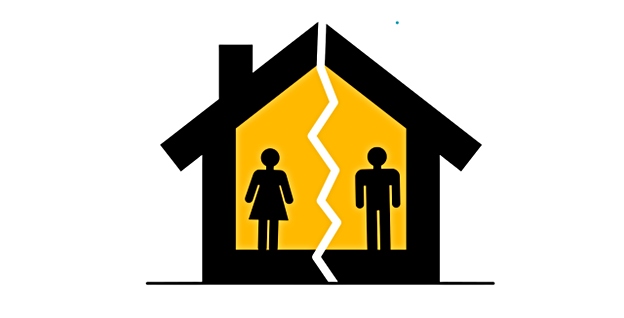
Divorce can be difficult for children to cope with.
In the UK, it’s important to understand how the education system supports children during this time.
Going through a divorce can be a challenging time for everyone involved.
The process of untangling two lives can come with various emotional and practical obstacles.
Therefore, it is crucial that after seeking advice from family lawyers, the well-being of any children involved becomes the top priority.
While there may be resources within the education system to help, it is essential to understand what kind of support is available.
This article will delve into the available support options.
How Does Divorce Affect Children?
Obviously, getting a divorce can be an emotionally difficult affair for everybody.
However, it’s important to understand how children can suffer as a result of a divorce.
The consequences are typically both emotional and psychological in nature.
Emotionally speaking, children will likely experience large amounts of distress.
They may not fully understand the details of why their parents aren’t happy with each other, but they will know enough that it is upsetting for them.
This can often present as extreme sadness, confusion, anxiety, and hysteria in younger children.
Depending on the way the divorce is approached, some children will instinctively begin to blame themselves for what’s going on.
They may start to feel that what’s happening is their fault, even if it’s got nothing to do with them.
This type of belief can be very upsetting for a child, especially if the belief is allowed to continue for an extended period without being addressed.
The Challenges of Boarding School
When you take a child and put them into a boarding school, they usually get a first-class education.
However, that does also bring unforeseen challenges, like trying to navigate a divorce.

The thing about boarding school is that, for all it can offer a child in terms of education and living life away from home, it’s also an isolating experience.
Children who receive news of a divorce while they are at boarding school, don’t have the comfort of either parent or the ability to have a proper conversation about what’s going on.
This isolation can often exacerbate the upsetting feelings that come from a divorce.
Children instinctively seek comfort from their parents, so when they can’t get that, it becomes a lot harder for them to process their feelings in a healthy way.
They may find themselves becoming resentful or angry at their parents for removing them from the picture.
How Do Schools Support Children?
Obviously, schools do their best to provide support to students affected by divorce in a variety of different ways.
There are often robust support systems for students, both in mainstream education and boarding schools.
Lots of boarding schools and mainstream educational institutions have links to the NHS, and counselling and therapy services in the area.
They may even have a specialist who works on-site to help children that are struggling.
Giving these children access to a safe space to talk about their feelings can be very helpful for them.
Schools will often communicate with the parents to try and understand the situation better and work out what kind of support they can give to the children.
This may involve identifying which parent is likely to receive custody, what parent events will look like moving forward, and trying to get a proper understanding of the situation.
It’s important to note that schools are not interested in taking sides so much as making sure that the child is adequately supported during the divorce period.
Naturally, schools will communicate with the children throughout the divorce to help them process their feelings and offer support where necessary.
This may involve helping them with social events or making provisions for them during their learning.
A lot of schools will give special dispensation during exam season for students having difficulty in their home life.
In specialist circumstances, boarding schools will often make exceptions with regard to the flexibility of accommodation.
If it would be better for the child to remain in their care over a short holiday to avoid being exposed to a difficult home life, then this could be arranged.
There may be multiple children who are in a similar position, in which case adequate care will be provided for them.
It is important to understand the type of support given to children in this situation will vary massively depending on what’s going on and how it can help make a difference.
The primary concern is the emotional and mental well-being of the child.
Schools often collaborate with mental health professionals to make sure that the support they are getting for the child is appropriate, and the children feel like they have the freedom to express themselves.
Helping Children Through a Divorce Period
There is a lot of support available for children during the divorce period, and it gives them access to resources and the safe space required to hopefully process a divorce in a healthy way.
It’s never an easy period for children, regardless of whether they are at boarding school or in mainstream education.
The great thing about providing them with support from mainstream education is that hopefully they can get it from two different areas.
If they are getting support at school and support from both parents at home, then it’s a lot easier for children to process the thoughts and feelings that come from a divorce.
Ultimately, it’s never going to be a smooth transition for children, even if they get all the support in the world.
What’s important is that parents and the school collaborate together to help the children.
They need to be just as much a priority in the divorce as the actual divorce itself.
The information contained within this article is designed to be used as advice only. It is not a substitution for legal advice or how to help kids through divorce. We are not liable for the psychological or emotional well-being of children during the divorce process.


















Recent Comments